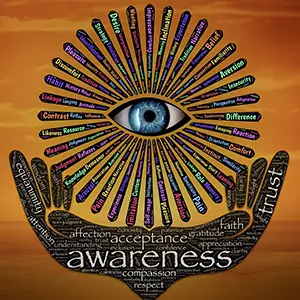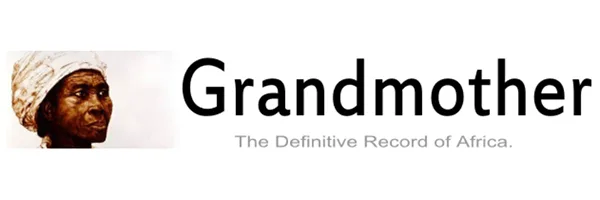Enlil vs Enki in Mesopotamian Mythology
Enlil:
- Role: Enlil was worshipped as the Sumerian god of air and wind, later becoming the King of the Gods. He symbolizes power and authority among the gods.
- Family: Believed to have fathered several important deities like Nanna, Utu-Shamash, Ishkur or Adad, and Inanna with Ninlil.
- Worship: Enlil was primarily worshipped in Nippur at the Ekur temple, representing the ‘Mountain House’ where heaven and earth communicated.
In Mesopotamian mythology, Enki and Enlil are portrayed as complementary forces – Enlil representing outer power and leadership while Enki embodies inner wisdom and problem-solving abilities. Their relationship is characterized by a deep bond despite occasional conflicts, reflecting different aspects of divine authority. The comparison of Enlil to Jesus and Enki to Satan in Christian terms is not accurate; these Mesopotamian deities have distinct roles and significance within their mythology. Understanding their stories requires delving into the rich tapestry of Mesopotamian beliefs rather than aligning them directly with Christian figures. In essence, Enki and Enlil are pivotal figures in Mesopotamian cosmology, embodying diverse attributes that contribute to the intricate tapestry of ancient mythological beliefs.






